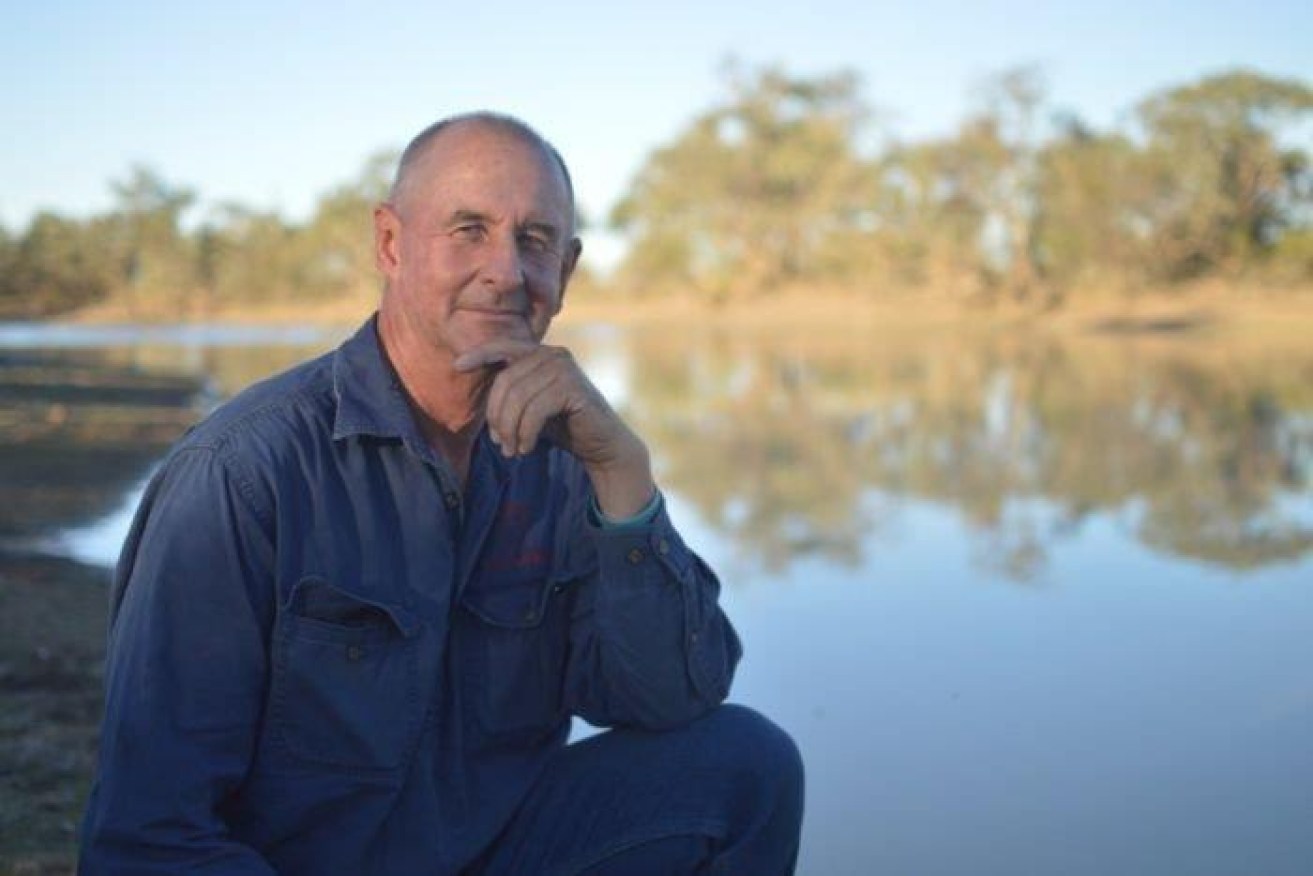No contest – candidates are turning their backs on local govt elections
As Queenslanders head to the polls this month they are unlikely to be spoiled for choice.


Bruce Scott, retiring mayor of Barcoo Shire in western Queensland, is worried about the future of local government.
Serving in local government is turning off would-be politicians in droves, offering voters a vastly diminished pool of candidates and prompting calls that grassroots democracy is in danger of collapse.
With polls opening for the March 28 Queensland local government elections this week, 15 mayors and 31 councillors across the state will be resting easy having been returned or elected unopposed.
That’s up from eight mayors and 20 councillors in 2016 and up from 10 mayors and 34 councillors in 2012 who were able to claim their jobs uncontested.
In this year’s elections, 1528 candidates will contest 532 positions, about 2.87 candidates per position, down from 3.54 candidates per position in 2016 and 2.9 per position in 2012.
Some communities will see almost their entire councillor body installed without the need to go to a vote. In the Isaac region west of Mackay, only voters in divisions 2 and 8 will need to fill out a ballot, with councillors from the other six divisions plus mayor Anne Baker returned unopposed.
It’s a similar story at Banana Shire Council in central Queensland, with voters in only two divisions needing to bother the scrutineers. Even large regional councils such as Rockhampton will have three councillors returned unopposed, while the Gold Coast and Townsville each have a councillor with no opponents.
Former State Opposition Leader and Health Minister Lawrence Springborg, who battled for years to take government for the LNP in Queensland, has enjoyed a comparatively easy ride to the top job in southern Queensland, elected mayor unopposed of Goondiwindi Regional Council.
According to the retiring Mayor of Barcoo Shire Council Bruce Scott, the trend points to a system in grave peril that needs fixing urgently.
Scott, not to be confused with the former federal MP who held the seat of Maranoa, said stringent conditions placed on councillors in the wake of State Government reforms to clean up local government corruption, were now deterring potential candidates from serving their communities.
“I am worried for local government without a doubt,” he said.
“The job might just be too hard. This means we either won’t have enough people standing or we’ll get lower-quality candidates, because the more talented and experienced people will fully understand the complexities of the job and the risks it potentially presents to their reputation if they make even the most minor mistakes.”
One of Queensland’s most experienced local government representatives with 22 years serving as a councillor and mayor, Scott is scathing of the culture that has developed since the Palaszczuk Government released the Belcarra report following corruption scandals at Ipswich and Logan, leading to the formation of the Office of the Independent Assessor in 2018.
Reforms have focused on banning donations from property developers, tightening the rules around managing conflicts of interest and introducing new codes of conduct for councillors.
Established to investigate concerns about councillor conduct, the OIA received 1414 complaints to December 31 last year, of which nearly 60 per cent (833) were dismissed.
A further 213 cases were finalised in the OIA’s first 12 months of operation, with the remainder either ‘parked’, referred back to the respective council or tied up in legal process. The OIA has referred 77 cases to the Crime and Corruption Commission.
Scott said he estimated fewer than 10 per cent of complaints would have serious substance.
He said he was a champion for integrity in government, but was deeply worried about the toll vexatious or bogus complaints might be taking on current councillors and those contemplating a future term on their local council.
Scott said the ‘sledgehammer to crack an egg’ approach was sending democratically elected local government to a tipping point, with the system headed for a model that will be served by academics or administrators answerable to the State Government.
“Local government has always been a bastion of democracy where anyone in society, irrespective of wealth or education, can represent and can have a say about the future of their community if elected to their local council,” he said.
Local Government Association of Queensland CEO Greg Hallam said Queenslanders were overwhelmingly happy with the service provided by their local councils, citing a survey the LGAQ conducted last year.
The survey by international research firm Colmar Brunton found satisfaction rose statewide in the eight months from April to December with more than 60 per cent of Queenslanders indicating they were happy with their council. Dramatic increases were recorded in rural and remote parts of the state.
Satisfaction rose from 38 per cent in April to 52 per cent in rural and remote Queensland while in the southeast it jumped from 60 per cent in April to 64 per cent in December.
Hallam said overall, voter satisfaction with Queensland’s 77 councils had jumped by almost 10 points since 2018, up from 55 per cent to 62 per cent statewide.
“Local government remains by far and away the most trusted level of government in Australia, with councils significantly outperforming the state and federal governments on 20 of 21 key performance indices, sometimes by a factor of two or three times the other levels of government,” he said.
“That is little surprise given councils are the level of government closest to the community, delivering more than 280 services for their constituents and working on the front line during natural disasters.”
Hallam said the survey had proven in the past to be a reliable guide to the final council election results and suggested the smaller pool of candidates this year was because there was little mood for change based on the good job most councils were doing for their communities.








